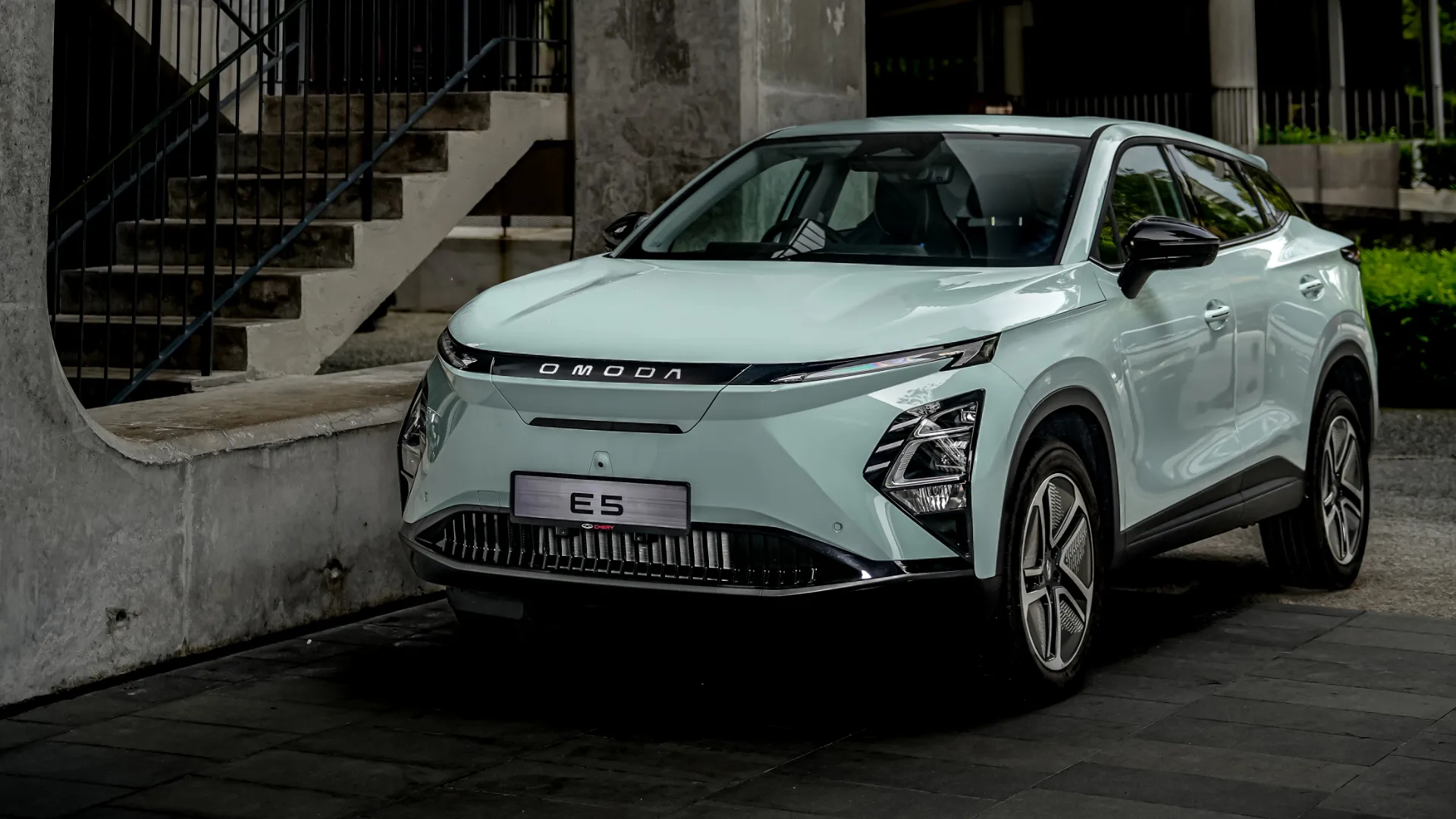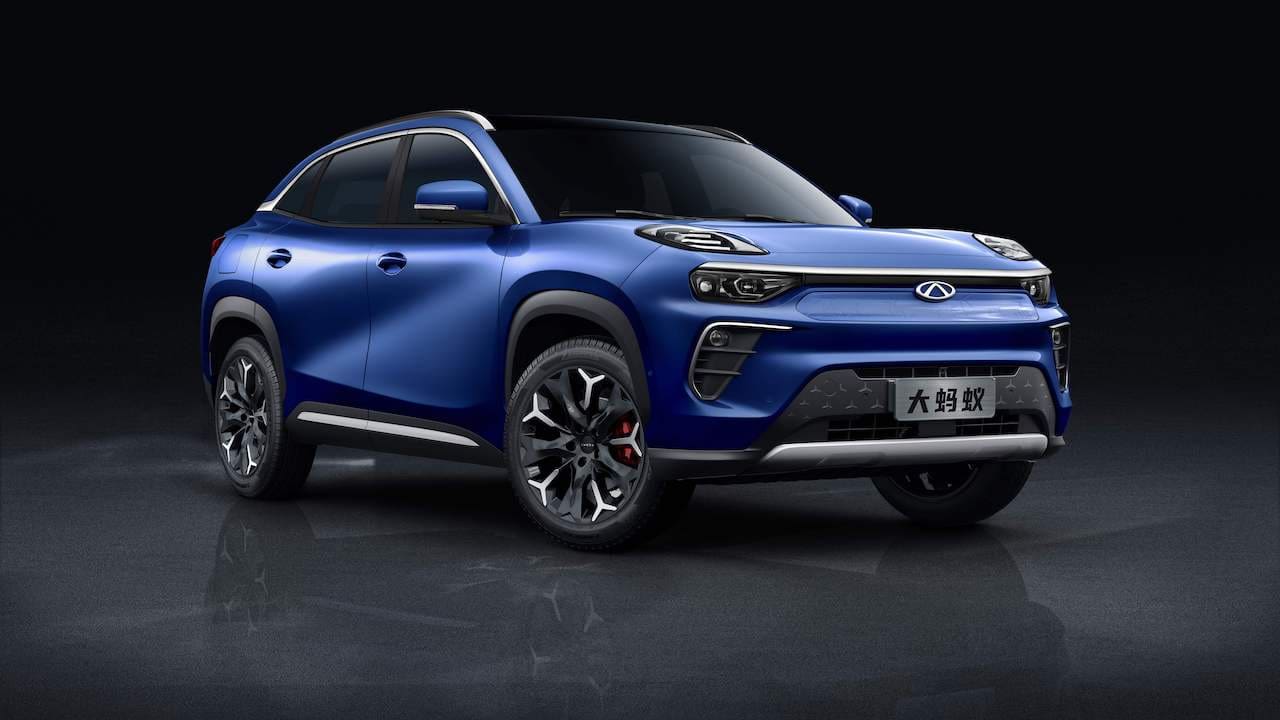
The JSW Chery partnership is a big step for India’s electric vehicle (EV) market. JSW Group, a major Indian company, has teamed up with Chery Automobile, a Chinese carmaker, to launch a new EV brand in India by 2027. This collaboration is exciting because it brings advanced EV technology to India, helping make electric cars more common here. In this blog, we’ll talk about the JSW Chery partnership, why it matters for India, and look at some of Chery’s top electric cars and their battery features.
JSW Group and Chery Automobile have joined hands to create a new EV brand that will be fully owned by JSW. This brand will make electric cars in India, with Chery supplying parts and some technology. The deal includes a one-time payment from JSW to Chery for technology, plus ongoing royalties. However, both companies say it’s not a full technology transfer—JSW plans to develop its own EV tech with help from Indian companies like KPIT Technologies.
The partnership is special because it’s one of the first big deals between an Indian and Chinese company since the 2020 border issues. India has strict rules on Chinese investments, so there’s no equity deal here—just a focus on parts and tech. JSW is building factories in Maharashtra to make these EVs, with production starting in 2027. They also plan to launch electric trucks and buses by 2026, showing their big plans for EVs in India.
This partnership is a game-changer for Indian drivers. EVs are getting popular, but we need more affordable and high-quality options. JSW’s new brand, backed by Chery’s experience, could bring cars that suit Indian roads and budgets. It will also create jobs and boost India’s EV industry. With JSW’s focus on making its own tech, this deal supports India’s goal of becoming a global EV hub.
Chery makes some great electric cars that could inspire JSW’s new brand. Here are three top models and their battery details:

Battery Capacity: 61 kWh
Range: 430 km (WLTP)
Battery Type: Lithium-ion, LFP (Lithium Iron Phosphate)
The Omoda E5 is a stylish, small SUV perfect for city driving. Its 61 kWh battery gives a decent range of 430 km, great for daily commutes in India. The lithium-ion battery is reliable and keeps costs down, which could make this model a hit in India.

Battery Capacity: 65 kWh and 69kWh
Range: Up to 500 km
Battery Type: Lithium-ion, LFP (Lithium Iron Phosphate)
The iCar 03 is a tough SUV for families or those who like adventure. Its LFP battery is safer and lasts longer, which is great for India’s varied roads. With a 500 km range, it’s good for long trips, like driving from Delhi to Jaipur.

Battery Capacity: 70.1 kWh
Range: Up to 510 km
Battery Type: Lithium-ion, NMC (Nickel Manganese Cobalt)
The eQ5 is a premium SUV with high-tech features. Its NMC battery gives a longer range of 510 km, perfect for those who want luxury and performance. This could appeal to Indian buyers looking for a high-end EV.
Chery is known for its advanced batteries. They’re working on solid-state batteries for 2026, which could offer a 1500 km range. They also have a Kunpeng battery that charges super fast—400 km in just 5 minutes! While these might not come to India right away, they show Chery’s expertise, which will help JSW make better EVs.
The JSW Chery partnership is about more than just cars. JSW wants to make EVs that Indians love, with local production to keep prices low. Models like the Omoda E5 or iCar 03 could be adapted for India, offering good range and features. This deal also shows how Indian and Chinese companies can work together despite challenges, helping India move toward a greener future.
The JSW Chery partnership is a big deal for India’s EV market. By 2027, we could see a new Indian EV brand with Chery’s technology, offering cars like the Omoda E5, iCar 03, and eQ5. These vehicles have strong batteries—61 to 70.1 kWh, with ranges up to 510 km—making them practical for Indian drivers. With JSW’s focus on local manufacturing and Chery’s expertise, this collaboration could make EVs more affordable and popular in India, driving us toward a cleaner, sustainable future.
Suhail Gulati
Suhail Gulati is the founder of ElecTree and an economist by training, with a passion for electric vehicles that goes far beyond numbers and analysis. A former banker turned EV enthusiast, Suhail writes to share the latest insights, trends, and future possibilities in the world of electric mobility. Through ElecTree, he hopes to connect with fellow enthusiasts and anyone curious about the shift toward sustainable transportation. Outside of his work in the EV space, Suhail has a deep love for music, good food, and the thrill of a football match. Whether he’s analyzing market trends or discovering the newest electric innovations, he’s always excited to bring readers along for the journey.